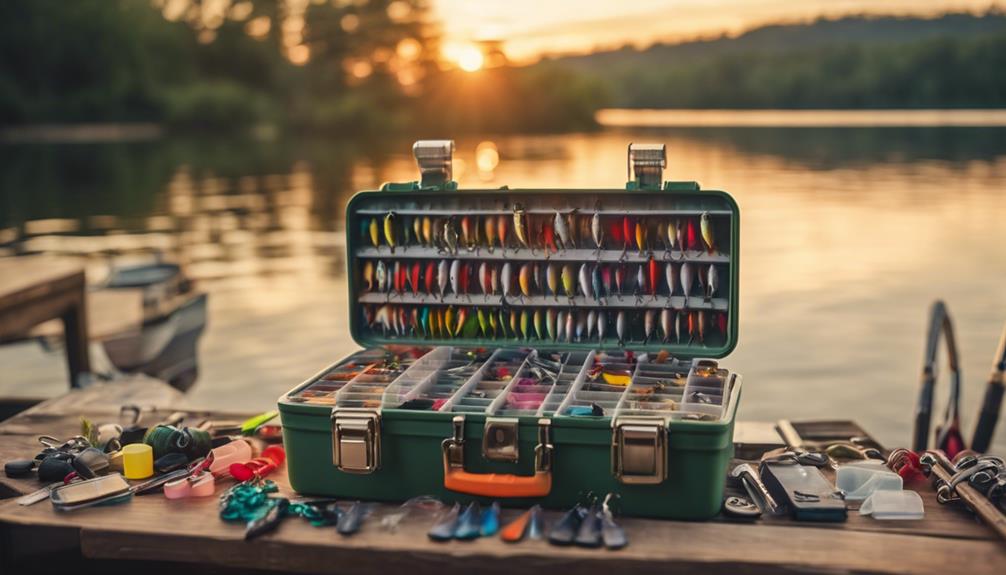Fishing is one of the world’s oldest practices, deeply rooted in human history and culture. But who invented fishing? This question leads us on a fascinating journey through time, examining the origins of this essential activity. In this blog post, we will delve into the history of fishing, its evolution, and its significance across various cultures, ultimately answering the question of who can be credited with inventing fishing.
The Ancient Roots of Fishing
The practice of fishing dates back to prehistoric times, with evidence suggesting that humans have been fishing for at least 40,000 years. Archaeological findings show that early humans used rudimentary tools such as sharpened sticks, nets made from plant fibers, and even their hands to catch fish in rivers, lakes, and coastal areas. These early fishing practices were likely driven by the need for sustenance, as fish provided a rich source of protein. The invention of fishing was not attributed to a single individual but rather evolved as a survival strategy among early civilizations.
Fishing Techniques Through the Ages
As societies progressed, so did fishing techniques. The invention of fishing nets, hooks, and traps marked significant advancements in the practice. Ancient Egyptians, for instance, are known to have used nets and various bait types, while the Greeks and Romans developed sophisticated fishing tools and methods, including the use of tridents and cast nets. These innovations allowed for more efficient fishing, leading to a greater reliance on fish as a food source. As we explore the history of fishing, it’s clear that various cultures contributed to its evolution, making it difficult to pinpoint a single inventor.
The Role of Fishing in Early Civilizations
Fishing played a pivotal role in the development of early civilizations. In regions such as Mesopotamia, the Nile River, and the Yangtze River, fishing was not only a source of food but also a significant aspect of trade and economy. The ability to catch fish in large quantities supported population growth and urbanization. Additionally, fishing practices were often tied to cultural and spiritual beliefs, with many ancient communities holding rituals to honor the fish gods. These societal roles highlight the importance of fishing beyond mere sustenance, showcasing its influence on human development.
Who Invented Fishing: A Collective Effort
While the question of who invented fishing may seem straightforward, the reality is that it was a collective effort spanning thousands of years and countless cultures. The earliest evidence of fishing practices comes from various archaeological sites worldwide, including Europe, Asia, and Africa. Each culture adapted fishing techniques to their local environments, leading to a diverse array of methods and tools. From the intricate fish traps of Native American tribes to the longlines used in ancient Japan, the invention of fishing cannot be attributed to a single inventor but rather to the ingenuity of diverse human societies.
Modern Fishing: Evolution and Impact
In modern times, fishing has transformed dramatically. With the advent of technology, fishing practices have become more efficient, leading to industrial-scale fishing operations. The invention of motorized boats, sonar technology, and advanced fishing gear has revolutionized how we catch fish. However, this modernization has also raised concerns about overfishing and environmental sustainability. Today, responsible fishing practices are essential to ensure the longevity of fish populations and the health of aquatic ecosystems. Understanding the historical context of fishing helps highlight the importance of sustainable practices in preserving this ancient tradition.
Cultural Significance of Fishing
Fishing is not merely an economic activity; it holds deep cultural significance in many societies. From traditional fishing methods passed down through generations to culinary practices that celebrate local fish species, the cultural impact of fishing is profound. Festivals, rituals, and community gatherings often revolve around fishing, showcasing its importance in fostering social bonds and cultural identity. For instance, the annual salmon runs in the Pacific Northwest are celebrated with events that honor both the fish and the Indigenous cultures that have relied on them for centuries. This cultural dimension of fishing enriches our understanding of its historical significance.
Fishing in Contemporary Society
In today’s world, fishing continues to play a crucial role in both local economies and global trade. The fishing industry provides livelihoods for millions of people, from artisanal fishers to large commercial enterprises. Moreover, recreational fishing has become a popular pastime, offering individuals a chance to connect with nature and unwind. As we explore the question of who invented fishing, it is essential to recognize that its legacy continues to shape our lives, both economically and culturally. The ongoing relationship between humans and fishing underscores the need for sustainable practices to ensure future generations can enjoy this age-old activity.
The Future of Fishing: Sustainability and Innovation
As we look to the future, the challenge of balancing fishing practices with environmental sustainability becomes increasingly pressing. Innovations in aquaculture, sustainable fishing techniques, and conservation efforts are essential in addressing the threats posed by overfishing and habitat destruction. By learning from the past and adopting responsible practices, we can ensure that fishing remains a viable activity for future generations. While we may not have a definitive answer to who invented fishing, we can appreciate the collective journey that has shaped this ancient practice and commit to preserving its legacy for years to come.
In conclusion, fishing is an age-old practice that transcends cultures and civilizations. While it cannot be attributed to a single inventor, its rich history showcases human ingenuity and adaptability. As we continue to navigate the challenges of modern fishing, understanding its origins can help us foster a sustainable relationship with our aquatic ecosystems. So, as we cast our lines and embrace the art of fishing, let’s remember the many cultures and communities that have contributed to this timeless activity.
